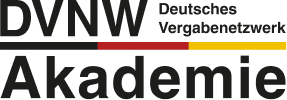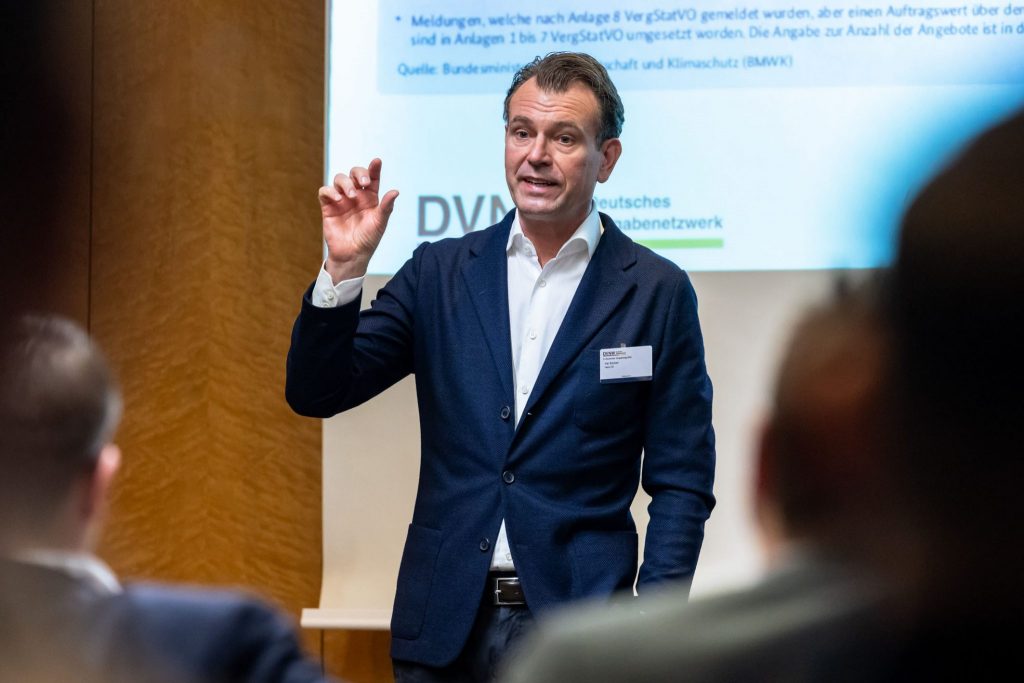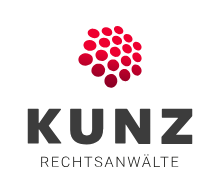Die EU Institutionen haben eine partielle politische Einigung über den Europäischen Verteidigungs Fonds (geplante 13 Mrd. EUR, ) im Haushalt 2021-2027 getroffen. Diese bedarf noch der förmlichen Annahme des EU Parlaments und des Rates. Nach Auffassung der EU Kommission fördert die Vereinbarung Innovationen sowie Wettbewerb in der Verteidigungsindustrie und trägt damit zu einer „strategischen Autonomie“ der Europäischen Union bei.
Interessant: Mind. 4 bis max. 8 % des Budgets sollen für sog. „disruptive Innovationen“ – dies sind solche, die die Erfolgsserie einer bereits bestehenden Technologie ersetzen oder vollständig vom Markt verdrängen – verwendet werden. Dies soll eine langfristige technologische Marktführerschaft sowie eine Verteidigungsunabhängigkeit der EU fördern.
Die Pressemitteilung der EU Kommission liegt nur in englischer Sprache vor und wird nachstehend im Vollauszug wiedergegeben.
EU budget for 2021-2027: Commission welcomes provisional agreement on the future European Defence Fund
The EU institutions have reached a partial political agreement on the European Defence Fund, subject to formal approval by the European Parliament and Council, which will foster an innovative and competitive defence industrial base and contribute to the EU’s strategic autonomy.
In a world of increasing instability and cross-border threats to our security, no country can succeed alone. That is why the Juncker Commission is making an unprecedented effort to protect and defend Europeans. The European Defence Fund, proposed by the Commission in June 2018 as part of the EU-long-term budget for the years 2021-2027, is part of these initiatives to bolster the EU’s ability to protect its citizens.
Vice-President Jyrki Katainen, responsible for Jobs, Growth, Investment and Competitiveness, said: “This is a major step in making European defence cooperation a reality. The European Defence Fund will help Member States get better value for taxpayer money, promote a strong and innovative defence industry and raise the EU’s autonomy and technological leadership in defence.”
Commissioner Elżbieta Bieńkowska, responsible for Internal Market, Industry, Entrepreneurship and SMEs, added: “This agreement is yet another important building block to ensure that Europe becomes a stronger security provider for its citizens. The Fund will foster technological innovation and cooperation in the European defence sector, so that Europe benefits from cutting-edge, interoperable defence technology and equipment in novel areas like artificial intelligence, encrypted software, drone technology or satellite communication.”
Subject to final formal adoption by the European Parliament and Council, an agreement has been found on the following key elements:
- The Fund will provide support all along the industrial development lifecycle, from research to prototype development up to certification.
- The Fund will finance collaborative research projects mainly through grants.
- Beyond the research and design phase, where up to 100% funding is possible, the EU budget will be available to complement Member States‘ investment by co-financing costs for prototype development (up to 20%) and the ensuing testing, qualification and certification actions (up to 80%).
- The Fund will provide incentives for projects with cross-border participation of the many SMEs and mid-caps in the defence supply chain by providing higher financing rates.
- Projects in the context of Permanent European Structured Cooperation (PESCO) may, if eligible, receive an additional co-financing bonus of 10%, but funding is not automatic.
- Projects will be defined in line with defence priorities agreed by Member States within the framework of the Common Foreign and Security Policy, and in particular in the context of the Capability Development Plan (CDP), but regional and international priorities, such as in the framework of NATO, can also be taken into account.
- Only collaborative projects involving at least three eligible entities from at least three Member States or associated countries are normally eligible.
- At least 4% and up to 8% of the budget will be allocated to disruptive, high-risk innovation that will boost Europe’s long-term technological leadership and defence autonomy.
- In principle only entities established in the EU or associated countries and not controlled by third countries or their legal entities are eligible for funding. EU based subsidiaries of third country companies can exceptionally be eligible to funding subject to defined conditions to ensure that the security and defence interests of the EU and the Member States are not put at risk. Entities based outside of the EU will not receive any EU funding but can participate in cooperative projects. The EU is therefore not excluding anybody from the European Defence Fund, but setting conditions to receive funding which are similar to the ones that EU companies face on third country markets.
Next steps
The preliminary political agreement reached by the European Parliament, Council and Commission in the so-called trilogue negotiations is now subject to formal approval by the European Parliament and Council. The budgetary aspects and some related horizontal provisions of the future European Defence Fund are subject to the overall agreement on the EU’s next long-term budget, proposed by the Commission in May 2018.
Background
In his political guidelines in June 2014, President Juncker made strengthening European citizens‘ security a priority. He announced the creation of a European Defence Fund in his 2016 State of the Union address.
Since then, the European Commission, under the steer of President Juncker and with the support of Member States, is taking steps to make defence cooperation under the EU budget a reality.
The Commission is already paving the way under the current EU budget period which ends in 2020. For the first time in European history, the EU is incentivising European defence cooperation with a budget envelope of €590 million (€90 million for research over 2017-2019 and €500 million for developing equipment and technology during 2019-2020).
- Defence research cooperation is already materialising. First EU grant agreements under the 2017 budget included the research project Ocean2020, which brings together 42 partners from 15 EU countries and supports maritime surveillance missions at sea and to that end will integrate drones and unmanned submarines into fleet operations. In the coming weeks the Commission will announce further collaborative defence research projects under the 2018 budget and present the work programme and final call for proposals under the remaining budget tranche for 2019.
- The Commission has formally initiated work with Member States to finance joint industrial projects in the field of defence. Following the views of Member States, in a few weeks, the Commission will adopt the first ever Work Programme for the European Defence Industrial Development Programme (EDIDP) to co-finance joint industrial projects in the field of defence under the EU budget for 2019-2020.
On the basis of these 2 ‚pilot‘ programmes, and scaling up initial funding, the Commission proposed in June 2018 a fully-fledged European Defence Fund worth €13 billion under the next EU long-term budget to cover both the research and capability strands.
The European Defence Fund will complement other EU programmes proposed by the Commission, in particular the €6.5 billion earmarked for the Connecting Europe Facility to enhance the EU’s strategic transport infrastructures to make them fit for military mobility, and the proposal for a new €100 billion research and innovation programme Horizon Europe.
Quelle: EU Kommission














Schreibe einen Kommentar